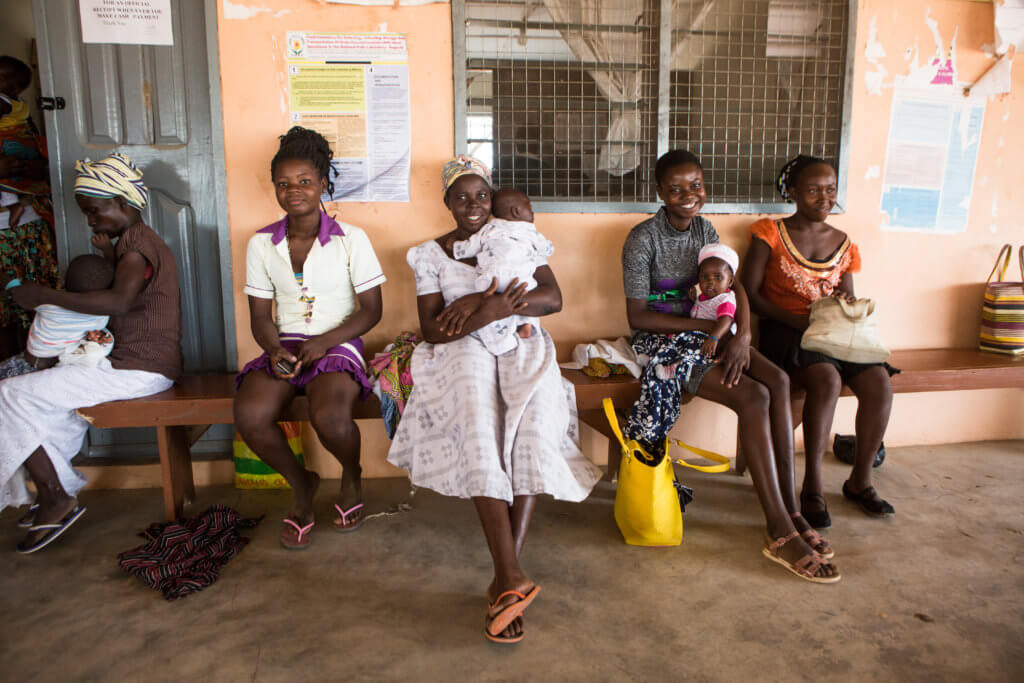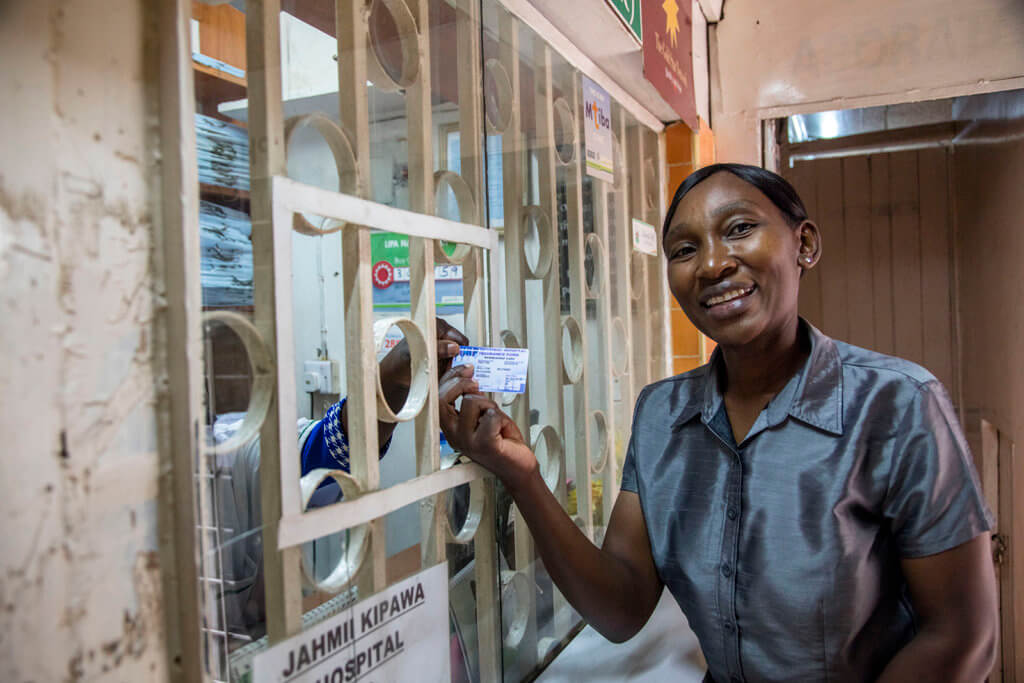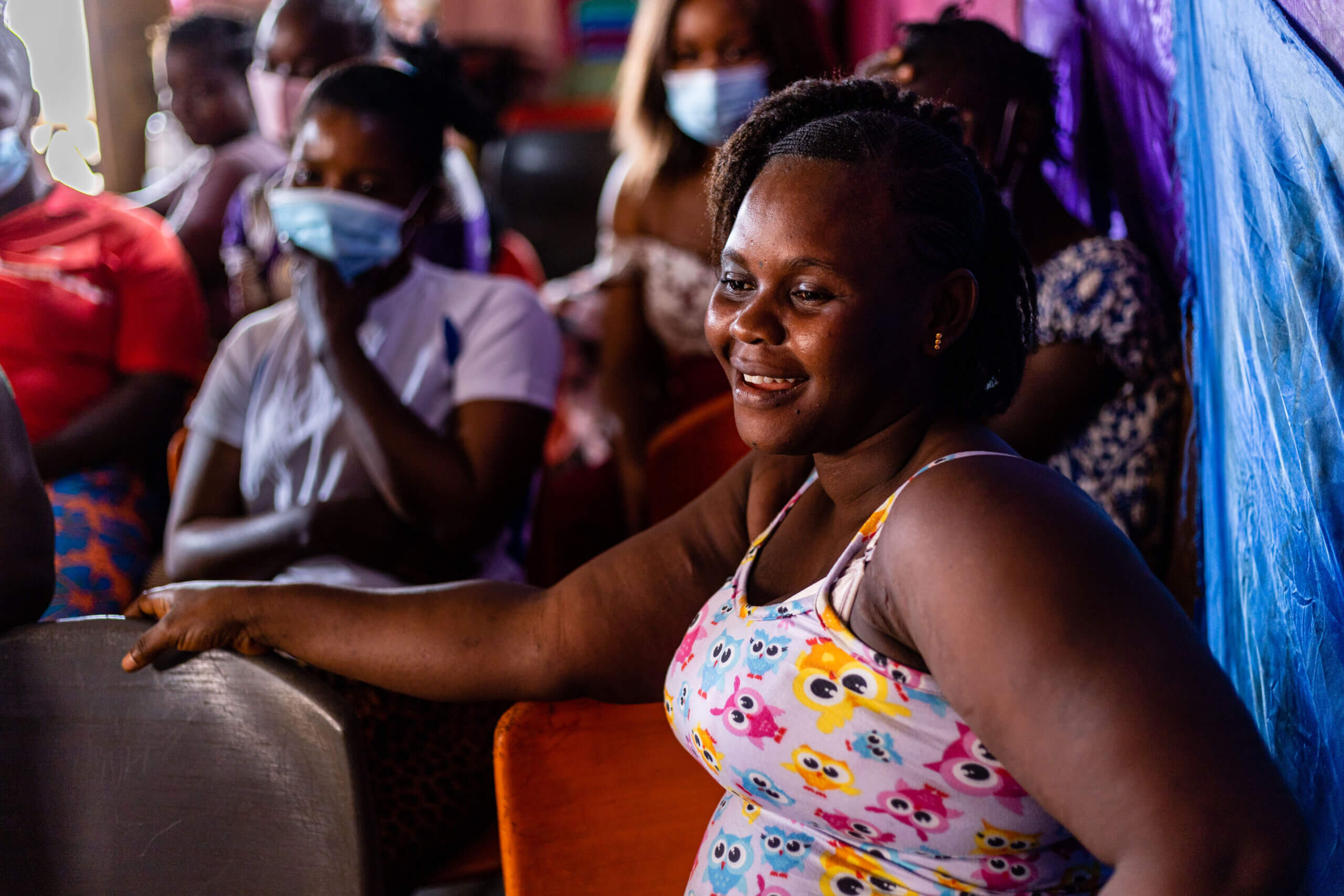Coordination, cooperation and persistence
How MSI Advocacy helped make contraceptives free in Ghana
We often talk about the bold service providers of MSI. Our healthcare providers who climb mountains, wade through rivers and walk for miles to make choice possible for women. But, just as bold and determined are MSI’s Advocates. They knock on doors, bring influencers and decision-makers together and build consensus to effect change at the political level. It’s a job that requires diplomacy and tenacity, and MSI’s Advocacy group has an abundance of both.
Working with team members on multiple continents, MSI Advocacy puts a stunning number of checks in the win column each year. In 2021 alone, they helped change laws and policies that will improve access to sexuality education, contraception, and safe abortion in more than a dozen countries.
But to simply list those successes overlooks the truly impressive and nuanced work that led to those wins. A closer look at Ghana’s agreement to make long-acting methods of contraceptives–IUDs, implants and injectables–free to members of the National Health Insurance program is a great example of how exacting the work can be.
Getting Ghana’s National Health Insurance to cover family planning
Securing agreement from the National Health Insurance Authority (NHIA) to cover family planning was a long-term advocacy effort. MSI Ghana designed the country-led program and worked for years building ownership and political will within the Ghana Health Service, the NHIA and other stakeholders to drive this forward as a country-led effort.

The story begins with research. The UK’s Foreign, Commonwealth & Development Office (FCDO), provided funding for MSI Ghana to conduct a two-year study. The study was independently evaluated by Population Council, an international non-profit that conducts research in biomedicine, social science, and public health. The study measured the impact of removing barriers to family planning, with a focus on eliminating out-of-pocket costs. During the research period, members of the National Health Insurance program were able to access family planning services and commodities for free in 122 facilities across 7 districts.
MSI established an independent steering committee, with high-ranking members from the Parliamentary Select Committee on Health, NHIA management members, and representatives from all the implementation partners, to design and monitor the pilot. By involving members from different areas of government in important decision-making throughout the pilot, MSI helped build ownership across the government.
The study concluded that every $1 invested in family planning would save $4 in direct healthcare costs. It also showed that over time, with costs barriers removed, women were more likely to select long-acting reversible methods of contraception like IUDs and injectables. Acceptance of long-term methods of contraception were important to the sustainability of the program.

MSI’s research findings were convincing. In November 2021, two years after the launch of the pilot program, Ghana’s First Lady Rebecca Akufo-Addo made the announcement that Ghana’s National Health Insurance Authority was adding family planning to the benefit package for all members. MSI’s Advocacy plan had succeeded!
Anne Coolen, Country Direct of MSI Ghana described the announcement as “one of the most positive reforms for women in a generation. … This is not just a positive healthcare intervention for women, it is a game changer. It has the potential to give millions of women–now and in the future–bodily autonomy and open up greater choice and opportunities for women, their families and communities.”
MSI Reproductive Choices, Head of Advocacy Sarah Shaw summed it up. “This success in Ghana demonstrates what collaboration, cooperation and persistence among NGOs and government decision-makers can achieve for choice and reproductive health and rights.”
But there is no time to rest on their laurels. To increase contraception uptake and save the lives that come with averting unintended pregnancy, MSI Ghana will continue working in partnership with the Ghana Health Services and NHIA to train service providers, secure funding and spread the word that family planning is available without cost.






